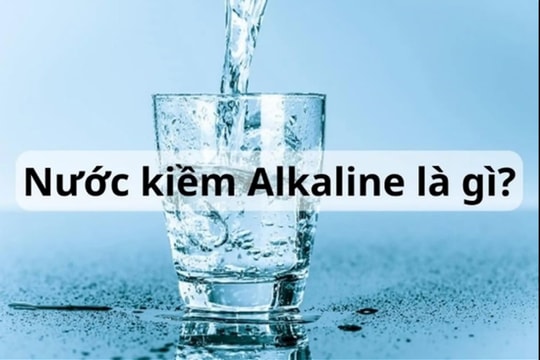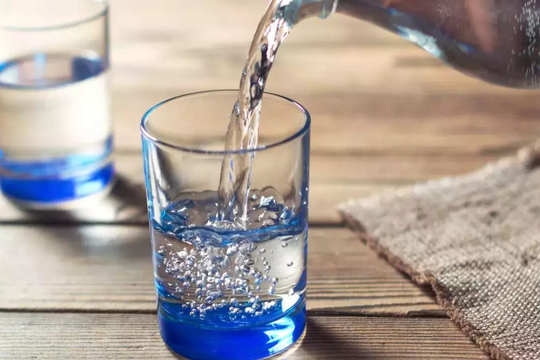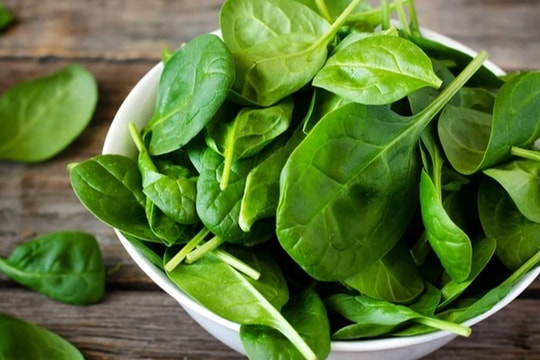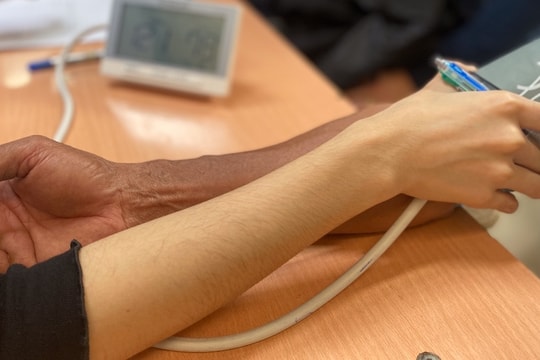World Health Organization issues new advice on daily salt intake
We are consuming too much sodium every day, that is the latest warning from the World Health Organization (WHO), which has just published guidelines for using salt substitutes to reduce sodium intake in the diet.
According to new guidelines published by WHO last January, about 1.9 million deaths each year are linked to excess sodium consumption.
Despite many countries implementing communication campaigns and control policies, the average daily sodium intake of the global population in 2019 was still 4.3 grams, more than double the WHO recommendation of 2 grams per day.

To help reduce risks to heart health and blood pressure, WHO is now encouraging people to switch to lower-sodium salt alternatives in their daily diet.
What role does sodium play in the body and why is it dangerous to eat too much?
Sodium is an essential mineral that plays a vital role in maintaining fluid balance, supporting nerve function, and regulating blood pressure. However, like many nutrients, too much sodium can have serious health consequences.
According to the nutrition information website The Nutrition Source of the Harvard TH Chan School of Public Health (USA), when the body absorbs too much sodium, the excess sodium in the blood will force the kidneys to work harder to maintain balance.
To dilute the sodium, the body retains more water, increasing blood volume and leading to high blood pressure. This makes the heart work harder and, over time, can damage blood vessels, increasing the risk of heart attack, stroke, and heart failure.
In addition, a diet high in sodium can also cause impaired kidney function, osteoporosis due to increased calcium excretion in urine, and even increase the risk of stomach cancer.
According to the World Cancer Research Fund, foods high in salt such as salted meats, canned foods, and processed foods are linked to higher rates of stomach cancer.
The worrying thing is that sodium doesn’t just come from the salt you add to your food. Many packaged foods, breads, sauces, cold cuts, etc. are high in sodium, making it easy to exceed the recommended limit without even realizing it.
Low sodium salt - a small change that can make a big difference to your health
When it comes to cutting down on salt in the diet, many people imagine a bland, flavorless existence. It can be difficult to convince the public to change their long-standing eating habits, especially when salt is a key ingredient in so many traditional and industrial dishes.
“The challenge is that eating less salt means accepting a less salty taste,” said Dr. Xiaoyue (Luna) Xu from the University of New South Wales (Australia) and Professor Bruce Neal from the George Institute for Global Health. “It also requires changing the way food is prepared, which is a big challenge for both home cooks and the food industry.”

However, a widely promoted middle ground is low-sodium salt – salt in which some of the sodium chloride is replaced with potassium chloride. This is not only an option that retains the familiar salty taste, but also offers real nutritional benefits, as most people do not consume enough potassium, an essential mineral that helps balance blood pressure and support heart function.
However, not everyone is suitable for potassium-rich salt. People with kidney disease or who are taking medications that affect potassium balance should consult a doctor before using it to avoid the risk of hyperkalemia, a condition that can cause heart rhythm disturbances and serious complications.
This is why the new WHO guidelines, which for the first time provide global recommendations on the use of salt substitutes, are seen as a major step forward in helping communities transition to a healthier lifestyle, without completely sacrificing taste.
How to reduce sodium in your daily diet?
To protect heart health and reduce the risk of blood pressure-related diseases, WHO has introduced a series of practical strategies to help people reduce their daily sodium intake.
First, limit processed foods as much as possible, which are the most common hidden source of sodium in the modern diet.
Second, remove the salt shaker from the dinner table, and reduce the amount of salt used in cooking, instead enhancing natural herbs and spices for flavor.
WHO also recommends switching to low-sodium or potassium-enriched salt, and prioritizing products labeled “low sodium.” In particular, if you still need salt, prioritize iodized salt to prevent deficiencies of this important micronutrient.





